Present research group members
Institute of Psychology, Czech Academy of Sciences, Prague; Institute of Phonetics, Faculty of Arts, Charles University
Nikola is the head of LemonLab, which was founded as part of her JUNIOR STAR grant project on The effect of bilingualism on speech perception and production in the first year of life.
She gained her degrees at Sorbonne University in Paris. Her primary area of research is in phonetics, specifically in phonetic acquisition in adults and most notably in children. She is interested in early speech discrimination abilities, that is how infants discriminate speech sounds and tell apart languages as well as in early language productions (i.e. babbling). She also challenges concepts & theories in L1 development such as „universal listener“ and „rhythmic hypothesis“.
She is also interested in language screening and was the head of the team adapting (and re-adapting) the MB-CDI instruments into Czech as Dovyko I and Dovyko II. She has also been exploring the processing of emotion words using neuro-imaging and behavioral methods.
More concise CV at: https://psu.cas.cz/en/people/cv/paillereau/index.html
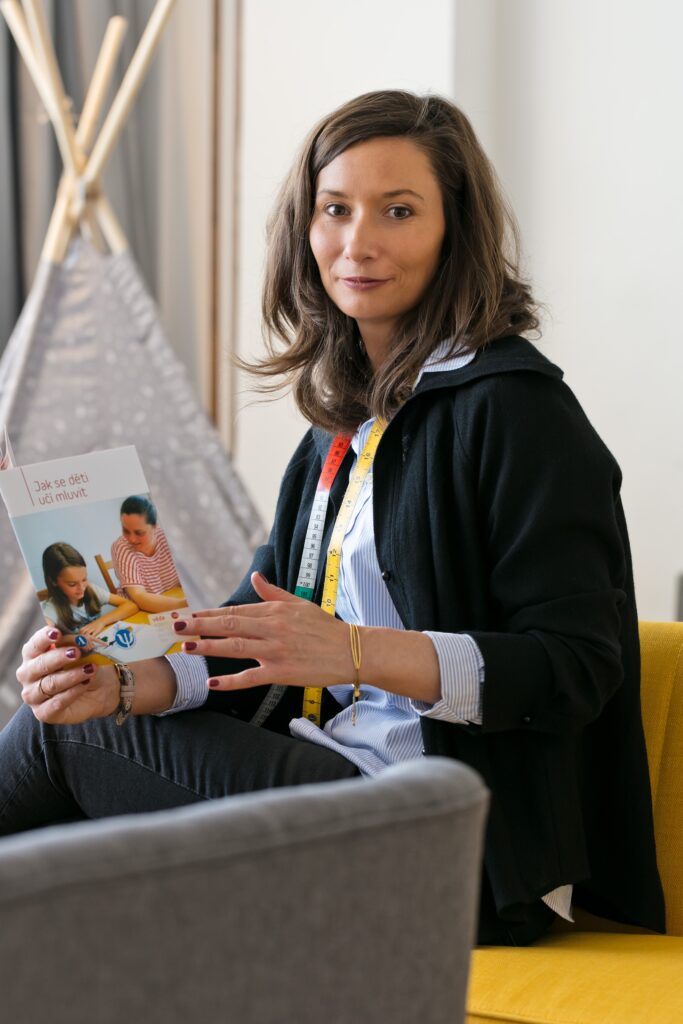
Bc. Michaela Hájková
Institute of Psychology, Czech Academy of Sciences, Prague; Institute of Czech Language and Theory of Communication, Faculty of Arts, Charles University
Michaela is a linguistics student at Charles University, currently involved in a project investigating the effects of bilingualism on speech perception and production during the first year of life, as her main area of interest is language acquisition in infants. Her work mainly involves conducting acoustic analyses of infant speech recordings.
Her masters’s thesis focuses on development of the content of the short-form DOVYKO I. In her future studies, she plans to work on norming this short form, while also contributing to the development of other short-form adaptations of MB-CDI.
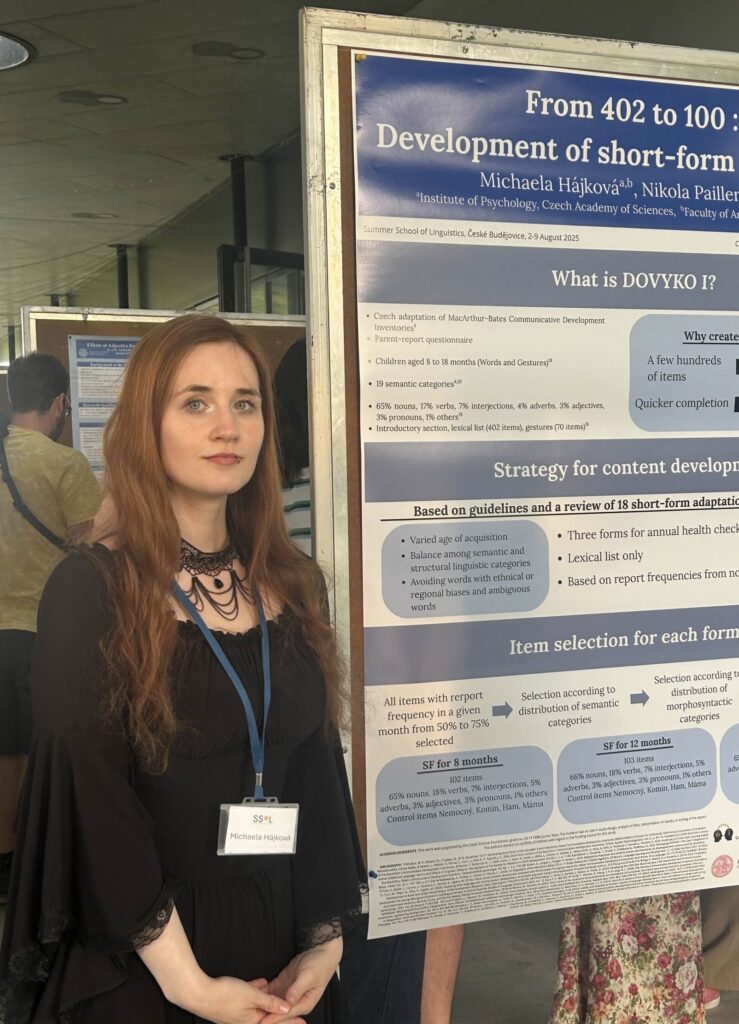
Bc. Nela Bradíková
Institute of Psychology, Czech Academy of Sciences, Prague; Institute of Phonetics, Faculty of Arts, Charles University
Nela is a Master’s student in Phonetics and English Linguistics at the Faculty of Arts, Charles University, and currently helps run experiments at LemonLab. Her primary focus is phonetic perception and speech acquisition in infants, and she is also interested in other phonetic areas such as second language pronunciation and sociophonetics.
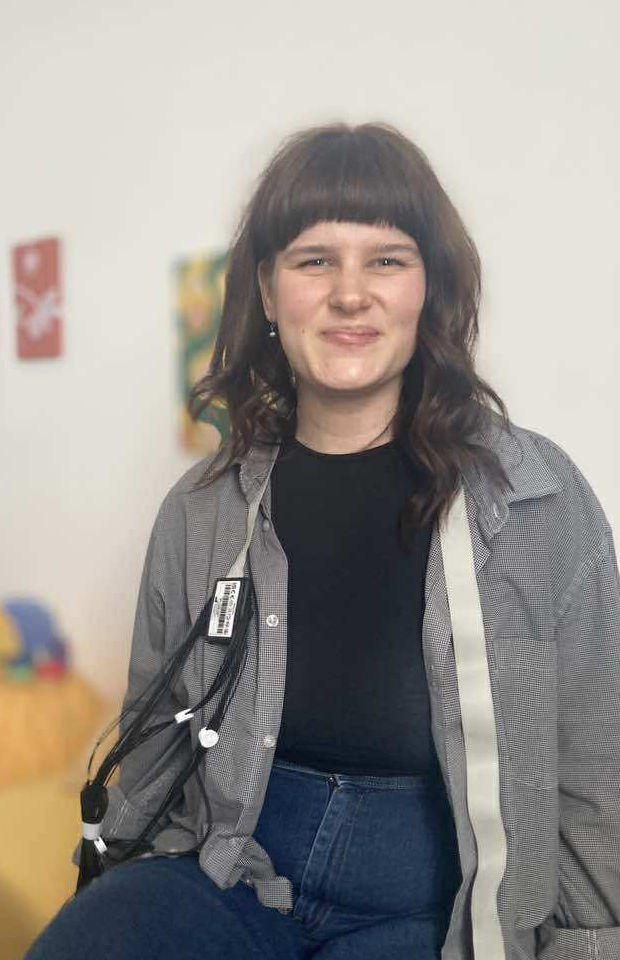
Bc. Eliška Renata Plechlová, B.A.
Institute of Psychology, Czech Academy of Sciences, Prague; Department of Psychology, University of New York in Prague
Eliška holds a dual Bachelor´s degree and is currently studying for her Master´s degree in Psychology at the University of New York in Prague. Her main interests in psychology include clinical psychology, developmental psychology, and neuropsychology.
She has previously assisted with experiments at LemonLab and now focuses on communication with parents and organizing various aspects of the research project. She loves working with children and being part of a project that supports their development.
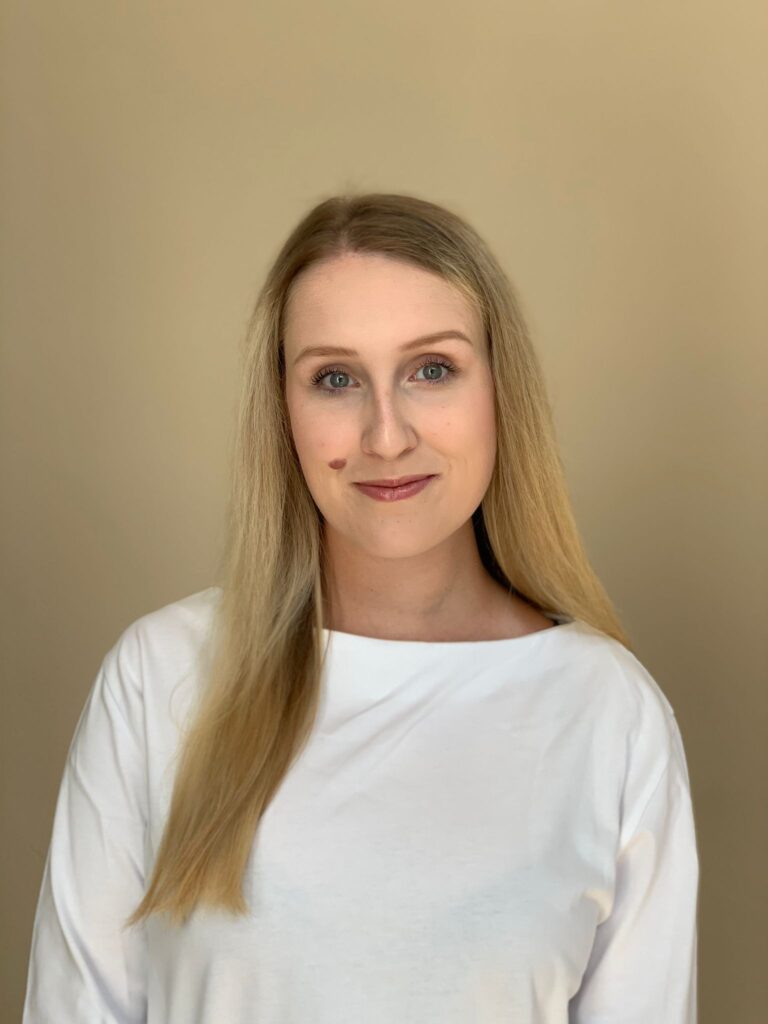
Associate members and mentors:
Institute of Psychology, Czech Academy of Sciences, Prague; Department of Linguistics, Faculty of Arts, Charles University in Prague
Filip is a senior researcher at the Prague branch of the Institute of Psychology of the Czech Academy of Sciences, where he works primarily using experimental methods (preferential looking, eye-tracking) as well as language sample analyses.
He is mainly interested in topics related to language and language acquisition, such as early knowledge and comprehension of grammatical case, gender, and number, their morphological marking, and their interaction with word order, or relations between social understanding, false belief, and person reference in language (pronouns, person inflections).
Filip has previously been involved with projects related to the development of assessment tools, such as DOVYKO. In his work, Filip has examined word acquisition, language impairment, and variables impacting the acquisition of lexicon or the use of words in syntactic structures.
More concise CV at: https://psu.cas.cz/en/people/cv/smolik/index.html
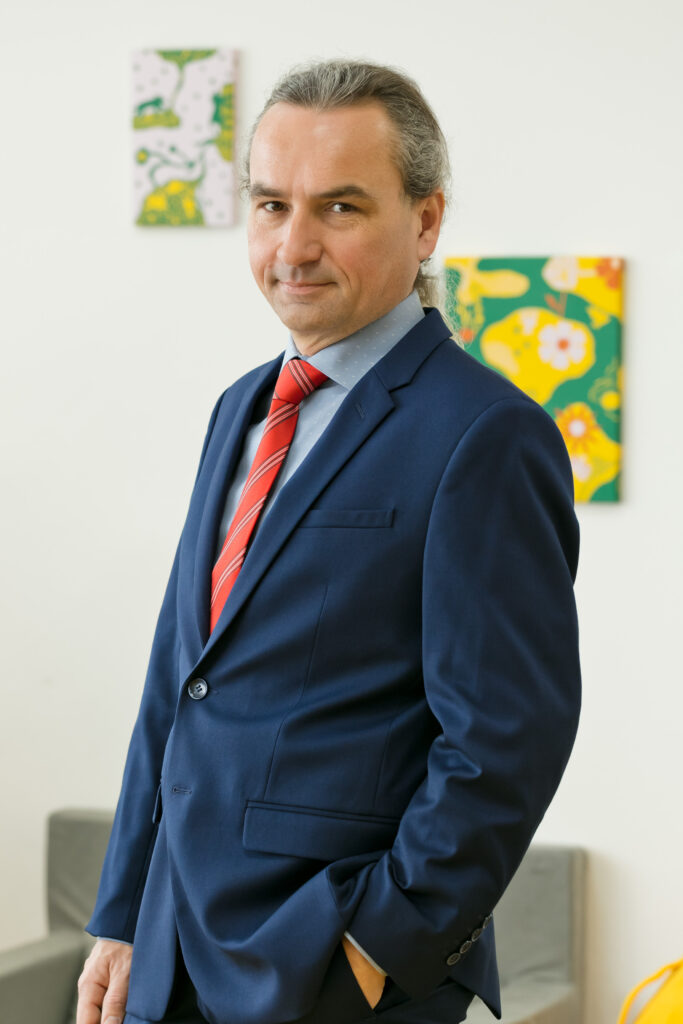
Dr. Torsten Wüstenberg
Core Facility for Neuroscience of Self-Regulation (CNSR), University of Heidelberg
Torsten has been co-operating with LemonLab on projects concerning the processing of emotional words and continues to offer his expertise on neuroimaging methods in the current project on bilingual infants.
Torsten has worked on projects investigating social exclusion experiences and the methodology of cognitive neuroscience, particularly MRI, EEG, fNIRS. At the CNSR, his resposibilities lie in the scientific consulting in the development of experimental designs as well as data acquisition and analysis and the set-up, development and maintenance of the laboratory infrastructure (neurophysiological data acquisition, data management and security, laboratory equipment).
More information here: https://www.psychologie.uni-heidelberg.de/person/torsten-wuestenberg
Prof. Sophie Kern
Laboratoire Dynamique du Langage, Université Lyon 2
Sophie is a developmental psycholinguist, who has been in long-term collaboration with LemonLab’s Nikola Paillereau. She, among other topics, extensively publishes on infants’ babbling, and will be supervising the production experiments in the current project on bilingual infants.
Dr. Wüstenberg and Prof. Kern are members of the International advisory board for LemonLab’s project on The effect of bilingualism on speech perception and production in the first year of life.
Institute of Psychology, Czech Academy of Sciences
Institute of Psychology, Czech Academy of Sciences, Prague; Department of Psychology and Life Sciences, Faculty of Humanities, Charles University in Prague
Iva is the head of the Prague branch of the Institute of Psychology of the Czech Academy of Sciences, under which LemonLab belongs. Iva has plenty of excellent ideas and her main strenghts include creativity.
Iva has previously been involved in projects examining sex differences in emotional habituation, Positive Youth Development (PYD) Across Cultures Study, and most recently, Midlife experience: transistions, crises, and grow. Her main research interests include affective sciences, emotion and emotion regulation, cross-cultural psychology and qualitative research.
More concise CV at: https://psu.cas.cz/en/people/cv/polackova-solcova/index.html

Laboratoire de Phonétique et Phonologie, Sorbonne Université
Naomi is an associate professor at Sorbonne Nouvelle University. She is a specialist in phonological acquisition in monolingual and bilingual children from the babbling period to the age of 6 years. She is also interested in interfaces between phonology and phonetics, lexicon and pragmatics in language acquisition, and has also worked on the loss and delay of phonology in clinical speech (aphasia, deaf children).
